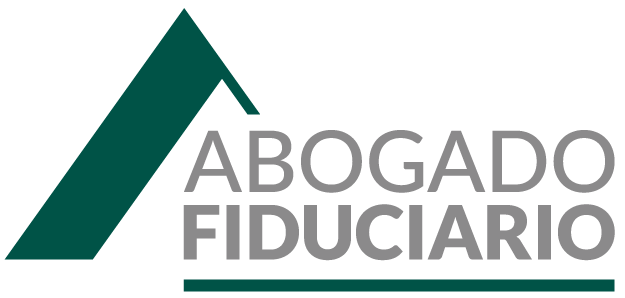Llámanos
(+57) 321-3571507
Envíanos un mensaje
admon@abogadofiduciario.com
Dirección
Cra 17 #89 - 31, Edificio Gaia Oficina 906

Somos la mejor firma de abogados fiduciarios del país, comprometidos con proteger tus intereses con profesionalismo y experiencia.
Servicios
- Aportantes y Beneficiarios
- Fiducia Inmobiliaria
- Fiducia de Administración
- Derechos Fiduciarios
- Procesos Jurisdiccionales
- Auditoría de Fideicomisos
Otros Links
Legal Law Firm Template Kit by Jegtheme
Copyright © 2021. All rights reserved.

